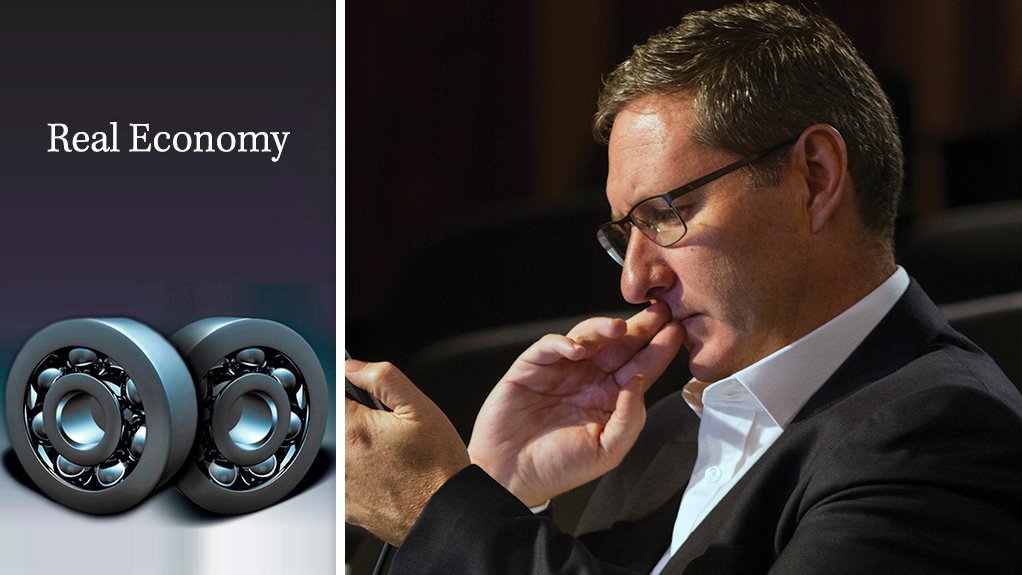South African business needs to sit up and take note of new analysis that confirms not only that South Africa is the world’s most unequal country, but also that extreme inequality is now a major constraint to future growth.
The analysis is contained in the World Bank’s latest South Africa Economic Update, as well as in a report titled ‘Overcoming Poverty and Inequality in South Africa: An Assessment of the Drivers, Constraints and Opportunities’, written by the bank in collaboration with The Presidency and StatsSA.
The documents show that, at 0.63, South Africa’s Gini coefficient is the highest of all countries measured internationally and that inequality has worsened since 1994. The Gini coefficient is the measure of income inequality, ranging from 0 to 1, with 0 representing a perfectly equal society and 1 representing a perfectly unequal society.
Crucially, the analysis draws a direct link between South Africa’s low growth outlook and the country’s current state of extreme inequality. Slow growth and high inequality, the documents explain, reinforce each other in what has become a vicious cycle, whereby inequality fuels a contestation for resources, which, in turn, increases policy uncertainty and discourages investment.
In addition, high levels of inequality combined with high levels of political rights, as is the case in South Africa, are resulting in high demand for fiscal redistribution and greater government expenditure.
In the absence of any intervention to address inequality, South Africa is likely to continue on its current low-growth trajectory. In the short term, the economy will continue to diverge from the growth outlooks in other emerging markets and developing countries, where expansion of 4.5% and 4.7% is forecast for 2018 and 2019 respectively. By contrast, the bank expects South Africa to expand by only 1.4% in 2018, from 1.3% in 2017, with growth rising slightly to 1.8% and 1.9% in 2019 and 2020 respectively.
Now, there will be resistance to the notion that inequality is now a key cause of low growth in South Africa. Indeed, even the report acknowledges that the evidence internationally for such a relationship remains inconclusive. However, in the South African context, the evidence appears to be overwhelming and mounting. The contestation for resources manifests not only in crime and corruption but also in policy uncertainty. And, in the face of a growing political demand for redistribution, investors have become more uncertain and reticent.
What’s more, an acceptance that inequality is holding back growth could well provide the common ground required for the social partners to negotiate the types of compacts that President Cyril Ramaphosa is hoping can help reignite growth and job creation.
Indeed, the fight against inequality could arguably become the common enemy for business, labour and government, much as apartheid was when these same partners entered into the compacts that were so necessary for facilitating South Africa’s political transition. All need to acknowledge that the first phase of the economic transition has been unsatisfactory and that new trade-offs are needed to place the transition on a higher-growth and far more inclusive path.
EMAIL THIS ARTICLE SAVE THIS ARTICLE ARTICLE ENQUIRY
To subscribe email subscriptions@creamermedia.co.za or click here
To advertise email advertising@creamermedia.co.za or click here











